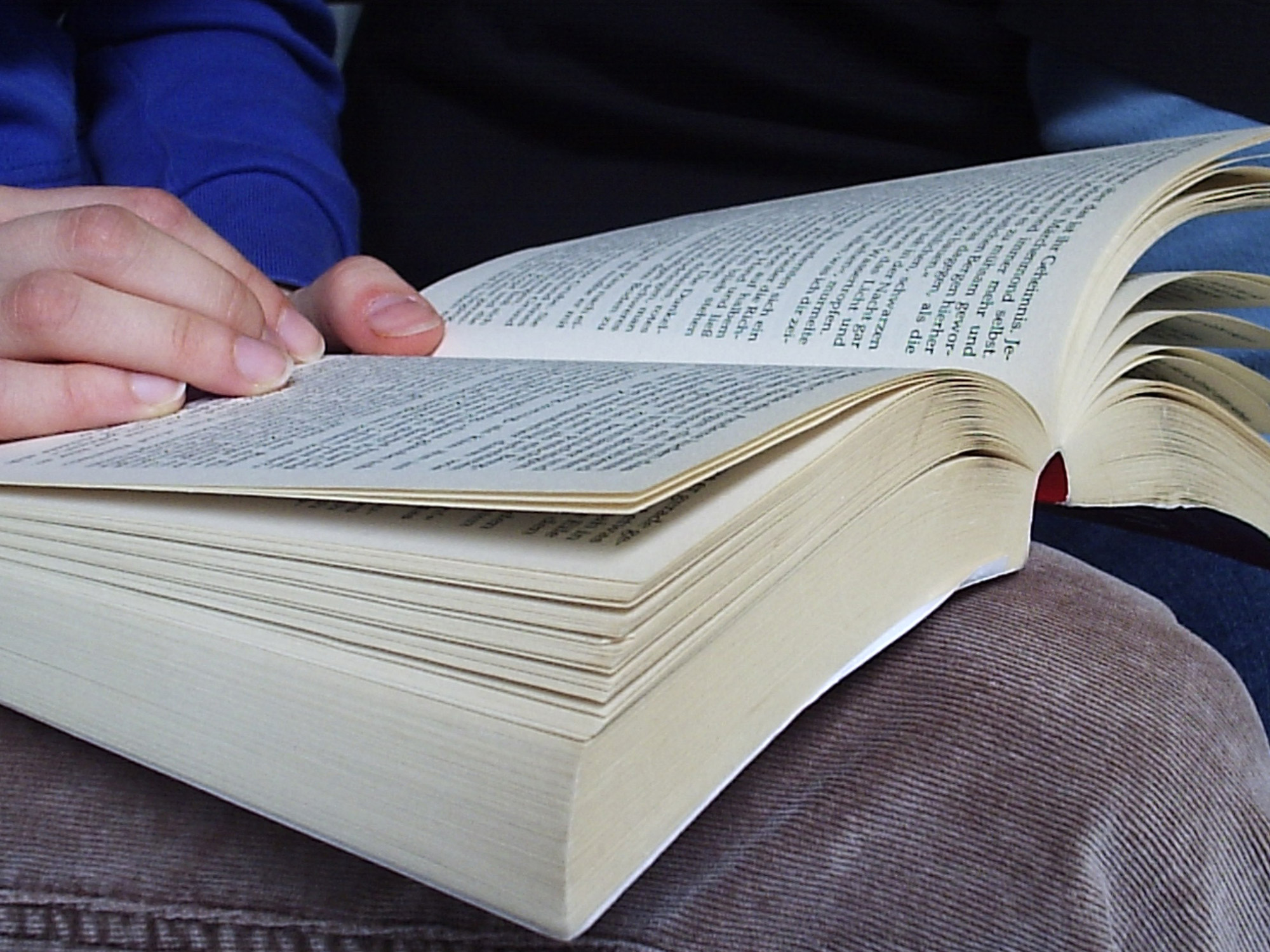In his second letter ‘On discursiveness in reading’, Seneca discusses how we should choose what to read. For a modern stoic, this might be a topic of interest, since we probably do most of our learning by reading. Seneca’s advice is straightforward: it is better to read a few great authors very good than read all kinds of works superficially. This is the way in which we can really ‘adopt’ great ideas that can make us better:
You must linger among a limited number of master thinkers, and digest their works, if you would derive ideas which shall win firm hold in your mind.
He illustrates his statement with several examples of how discursiveness (going from subject to subject without really absorbing them) is bad. Someone who constantly travels the world will have no real friends, he states. Food is not assimilated into the body if it is not properly digested. Wounds will not heal if you change the medication frequently. And plants will not grow if they are too often replanted.
Everywhere means nowhere
According to Seneca, we should make an effort to really ‘digest’ what we read. He even goes as far to say we should always read standard authors. So in studying stoicism, we should limit ourselves to men like Epictetus, Seneca, Marcus Aurelius and Musonius Rufus. To study other schools of thought (even as a stoic), we might also read the works of Epicurus or Plato. Yet Seneca is clear: stick to a few great authors.
To me, this doesn’t sound right. I believe that variation in reading can actually enrich the mind. Constantly referring back to the same authors may lock you in a limited world, while keeping the vast majority of knowledge and wisdom unexplored. Taking in new ideas from different authors, comparing them, combining them and forming your own opinions about them, that’s what generates knowledge and wisdom. However, this is not what Seneca advises us.
And I have to admit, he does have a point. Superficial reading does not merit us: we should read important works very closely (that is exactly what I am doing on this blog). Moreover, from a stoic perspective, we should learn to be content with little. This includes books.
it is enough to possess only as many books as you can read (…) Do you ask what is the proper limit to wealth? It is, first, to have what is necessary, and, second, to have what is enough.
We don’t need our cabinets bulging with books that we never read. We should read the important books closely and thoroughly. But in my opinion, we should not revisit even the best books too often. Variation is key. Just as we need different kinds of nutrition, we need different kinds of books and ideas. Just be sure to fully digest them before moving on to the next meal. Be conscious and careful about your choice of reading, but experiment and explore as well.

